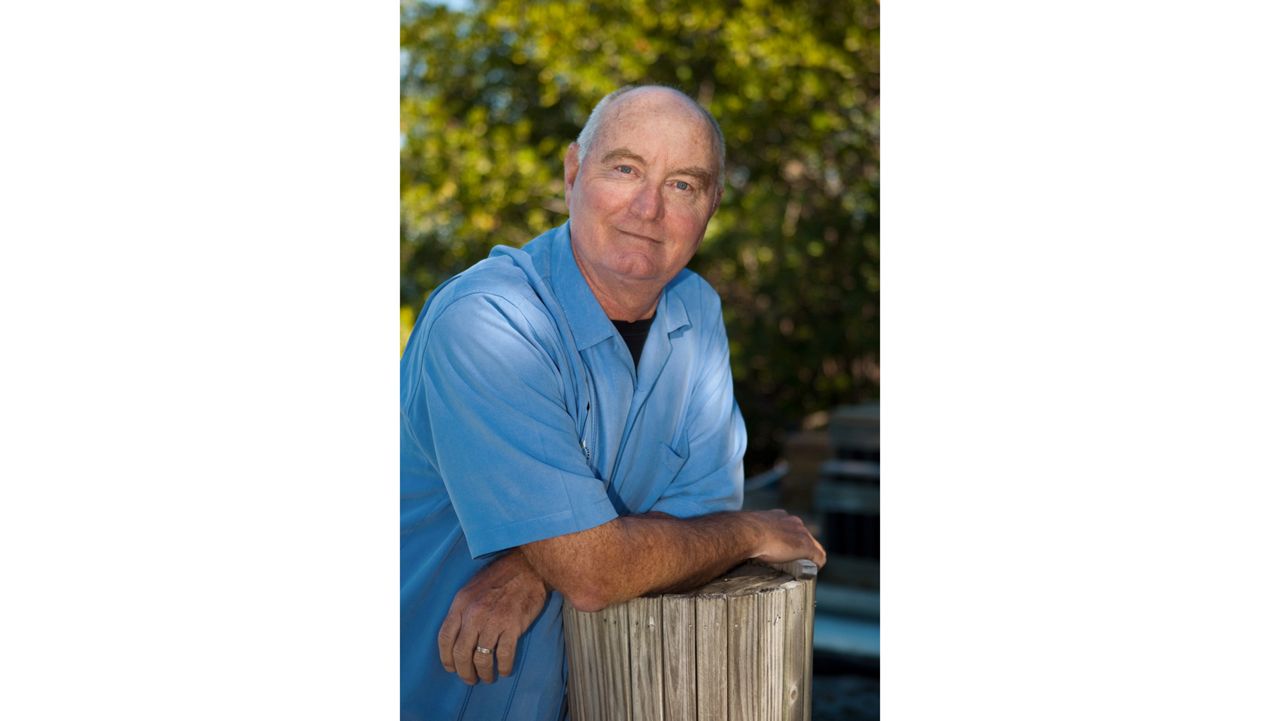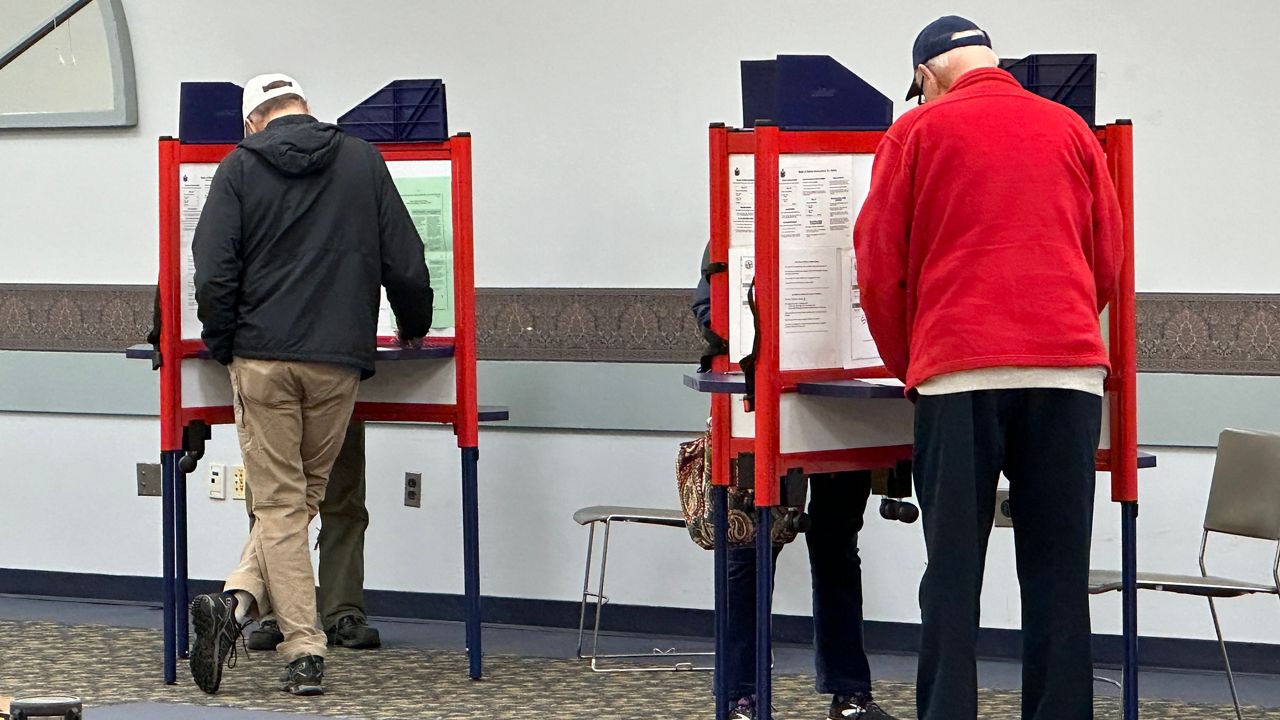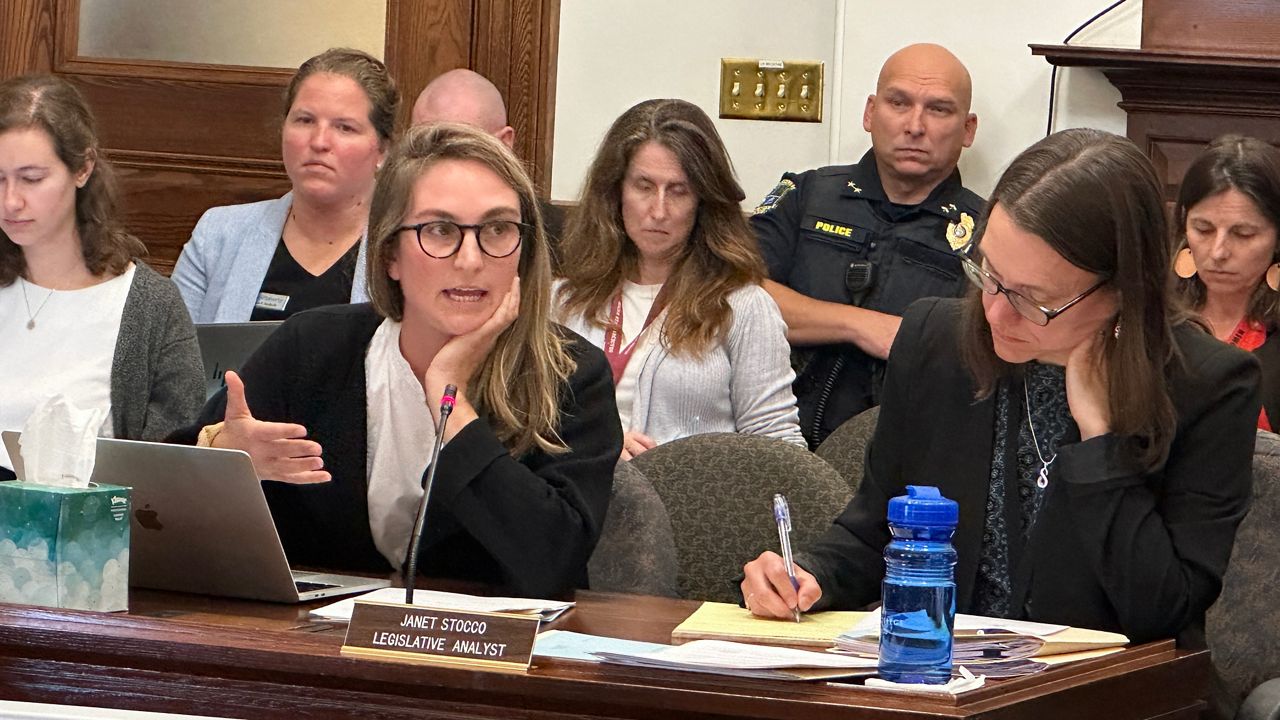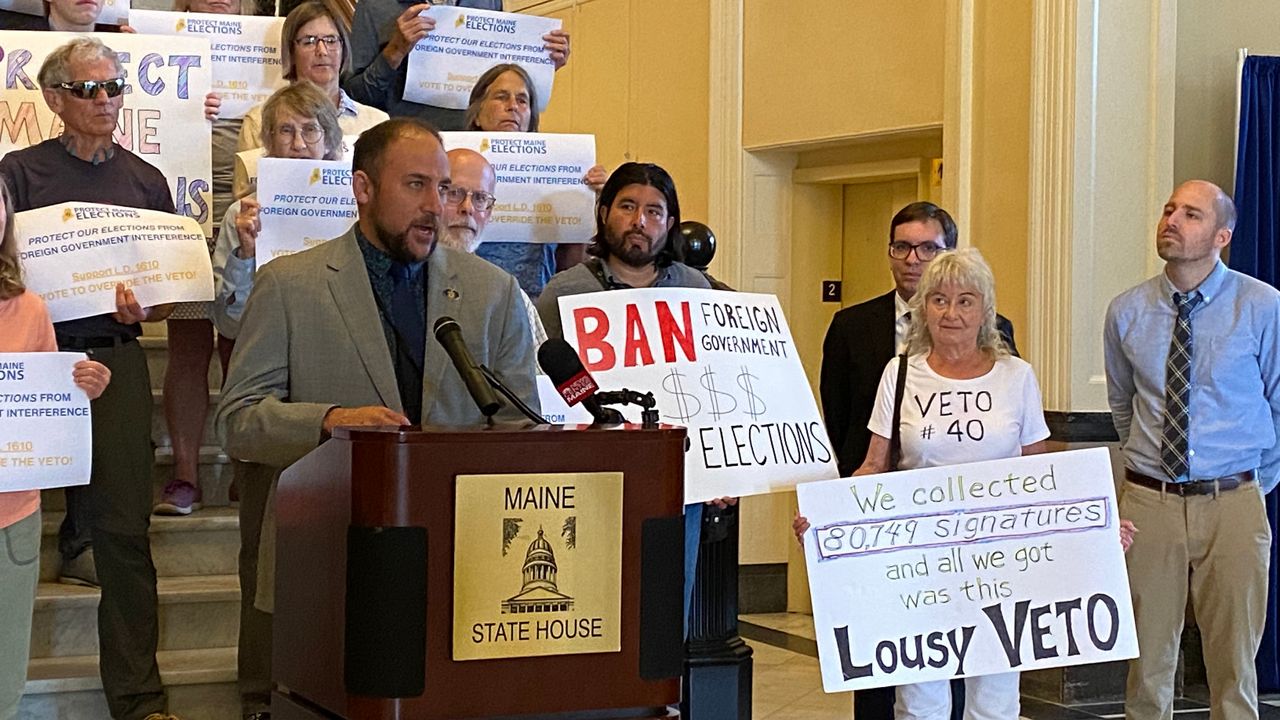Native New Englander and award-winning novelist Rodman Philbrick has written a new novel for young adults, “We Own the Sky,” set in the early 20th century in Maine.
Philbrick grew up in the seacoast New Hampshire area, and now lives in both Maine and Florida. He worked as a longshoreman and boatbuilder, but also as a novelist, writing several detective stories for adults before publishing his first children’s book, “Freak the Mighty,” in 1993. That book was later adapted into a 1998 film starring Sharon Stone, Gillian Anderson and James Gandolfini. Philbrick would go on to write more books in the young adult genre, including “The Mostly True Adventures of Homer P. Figg,” which won the Newbury Honor in 2010.
His latest novel, “We Own the Sky,” which was released on Sept. 6, is an adventure story about two orphans taken in by an aviator who works with stunt pilots. The story takes place in Maine the summer of 1924, when the Ku Klux Klan was on the rise and targeting, among other groups, French Catholics, which puts the kids in their sights.
Philbrick took some time to talk with Spectrum News about the influence of his New England roots, growing up daydreaming about writing and the frightening encounter his family had with a Klansman.
Q: How much of your writing is influenced by your having lived in New England and Maine?
A: It has been greatly influenced by my deep connection to this amazing place. Some of my distant ancestors were among the early settlers, so they must have felt the same way.
Q: How did your writing career get started? Did you always want to write for a young adult audience?
A: I started writing in 6th grade, with a dream of becoming an author. When I finally got published in my late twenties, it was as a writer of detective and mystery thrillers. The notion to write for middle schoolers was a happy accident. Two kids from my neighborhood had an “outsider” friendship whose loyalty was profound and served as the inspiration for the fictional “Freak the Mighty,” my first book for young readers.
Q: What made you choose the Ku Klux Klan as a focus in your latest book?
A: A family legend. Or what I took to be a legend until I happened across some photos taken in the 1920’s of white-robed men marching in many towns in Maine. The “legend” was a tale about my grandfather bringing an Irish Catholic bride home to a small town in New Hampshire, only to be greeted by the KKK on horseback, protesting her presence in 1920.
Having read books about the second rise of the Klan, I now believe that “legend” to be true. Oh, and my grandfather’s first cousin had a flying circus, so that gave me a place to put my immigrant heroes into exciting and daring adventures.
Q: You’ve included historical subjects and events as settings for your novels before, including the Civil War and Hurricane Katrina. Is there a reason you choose such settings?
A: I feel strongly that the setting chooses me, rather than the other way around. Just about every small town in New England has a memorial to the local folks who died fighting in the Civil War. My curiosity about that led me all the way to Gettysburg, and the astonishing victory at Little Round Top by our very own Joshua Chamberlain inspired me to write a tale about an orphan boy who follows his big brother from Maine to the battlefield.
Q: During the creative process, do the settings for the stories come first, followed by the other elements, or vice versa?
A: To be honest, I’m not sure where my ideas come from. Sometimes they arrive fully formed, but most often in bits and pieces that require assembly into something compelling enough to attract readers.
Q: Your writing ranges from historical fiction to detective stories to fantasy/sci-fi. Do you find it challenging to write books in genres that appear to be so different from each other?
A: I enjoy writing in genres I admire, if the characters challenge me to do my best.







)

